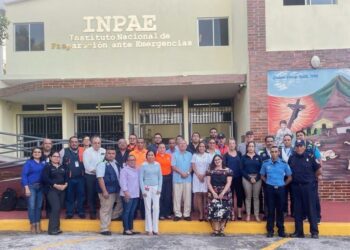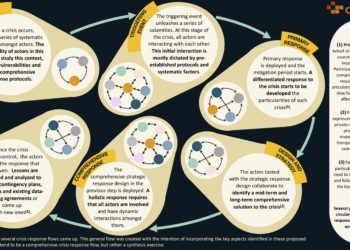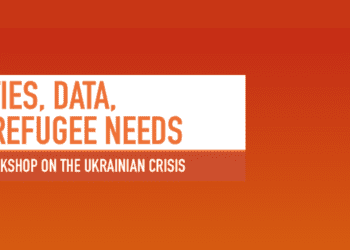In 2023, Brazil grappled with a complex emergency response situation. A number of devastating natural disasters, namely floods and landslides brought on by record-breaking rainfall, swept over the country, displacing thousands and upending critical infrastructure. The country’s challenges were intensified by a massive influx of Venezuelan refugees, migrants, and individuals seeking asylum. Brazil’s existing infrastructures and systems seemed overwhelmed and unable to respond to the needs of uprooted groups.
Recognizing the urgency of the situation, in April 2023, CrisisReady, in collaboration with UNHCR, organized a workshop in São Paulo. This workshop was geared towards deliberating on the intricacies of data collection and analysis pertinent to the refugee movements.
The workshop aimed to pave the way for enhanced cooperation. Furthermore, it intended to conceptualize and initiate robust protocols. The overarching objective was to harness data in comprehending the nuances of refugee dynamics, their movement patterns, and most importantly, to ensure the protection of their rights and overall welfare while in Brazil.
Goals of the Workshop
- Explore the potential of private data providers in tracing refugee movements and identifying migration trends.
- Assess challenges tied to data transparency, biases, and the ethical concerns of repurposing data for humanitarian purposes.
- Discuss the application of data in pinpointing potential risks and optimizing interventions.
- Promote a coordinated approach to refugee data collection and analysis.
- Advocate for the development of a shared data framework to enhance collaboration and resource allocation.
Displacement Challenges: Weather Hazards and Land Conflicts
Brazil, a country located within the inter-tropical convergence zone, faces significant vulnerabilities to weather-related disasters such as floods and landslides, contributing to most internal displacements. While Brazil ranks among the top 15 nations for riverine flood risks, it’s also impacted by temperature extremes, droughts, and wildfires. In 2022, internal displacements associated with disasters totaled 708,000, the most since 2008.
Almost a third of the disaster displacements recorded countrywide in 2022 were triggered by only two events. Pernambuco, a state in northeast Brazil, witnessed over 131,000 displacements in May 2022 due to heavy rains and floods, marking it as the largest such event in the Americas after Hurricane Ian. The city of Jaboatão dos Guararapes, which is located in the state, reported 100,000 of these displacements. Furthermore, Minas Gerais, a large inland state in southeastern Brazil, experienced 107,000 displacements in early January 2022 due to prolonged heavy rains. Throughout the year, approximately 800 smaller disaster events resulted in substantial displacement numbers, leaving 44,000 individuals displaced by year-end.
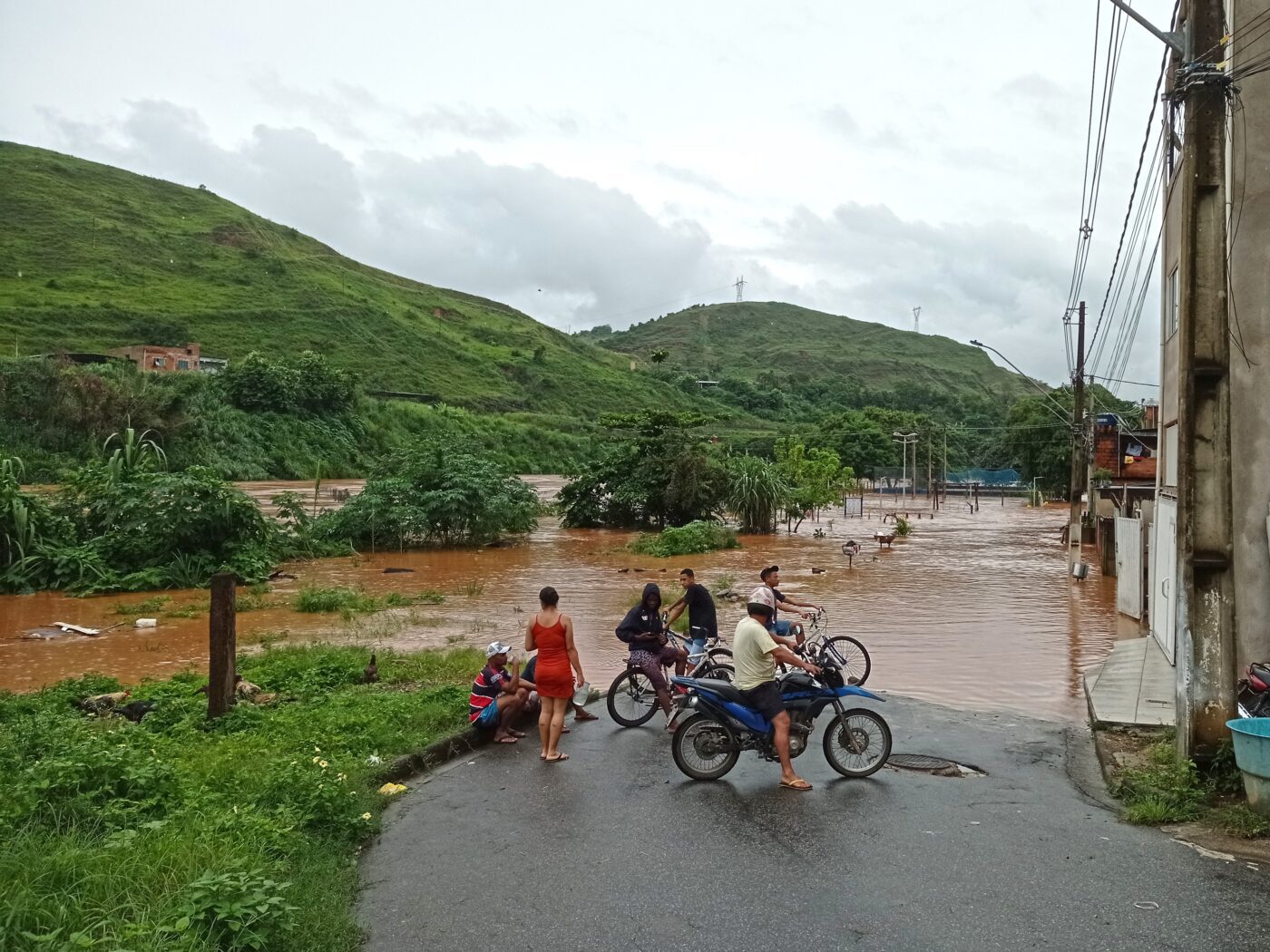
(Source: HVL)
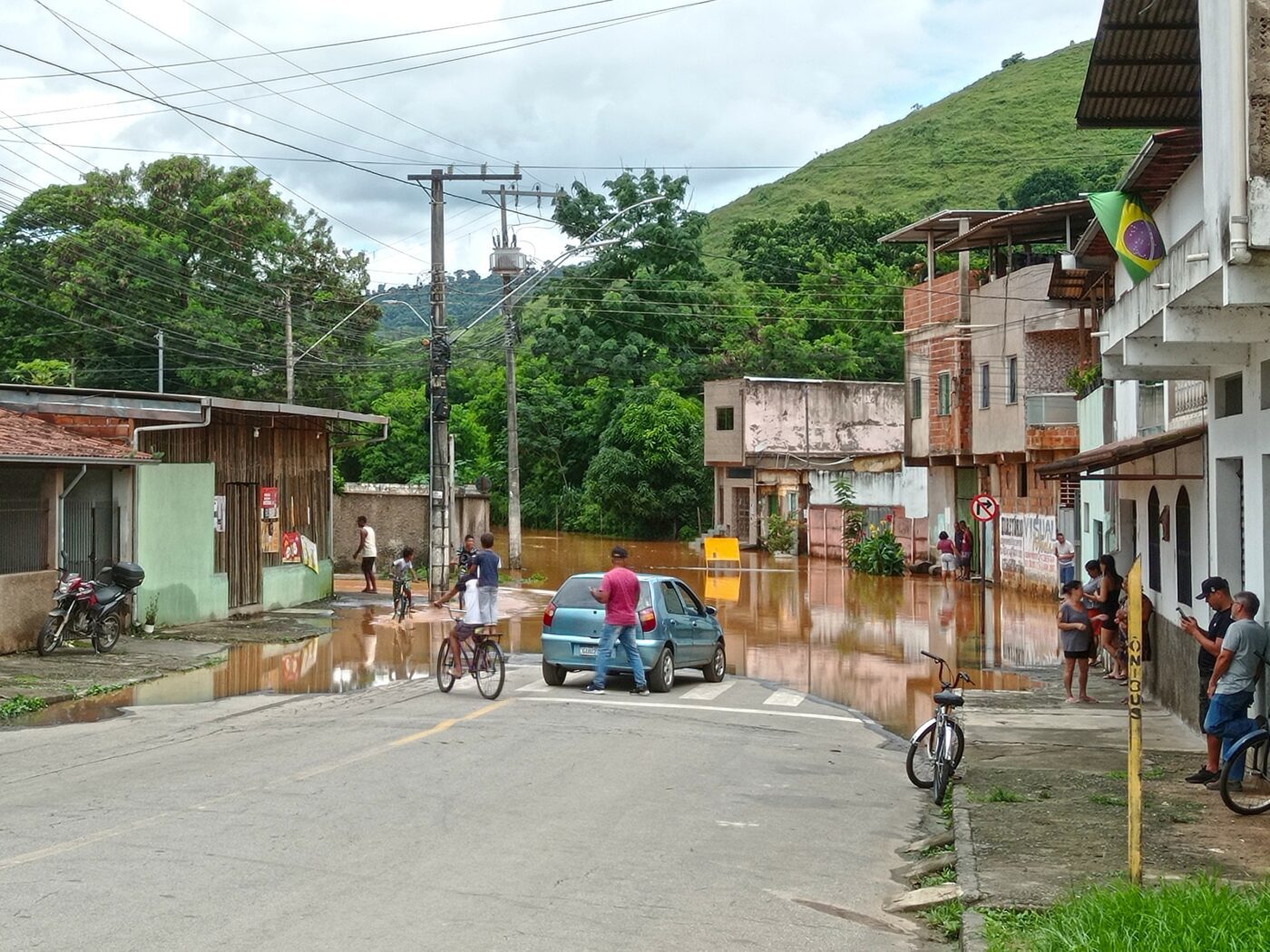
(Diogo Duarte)
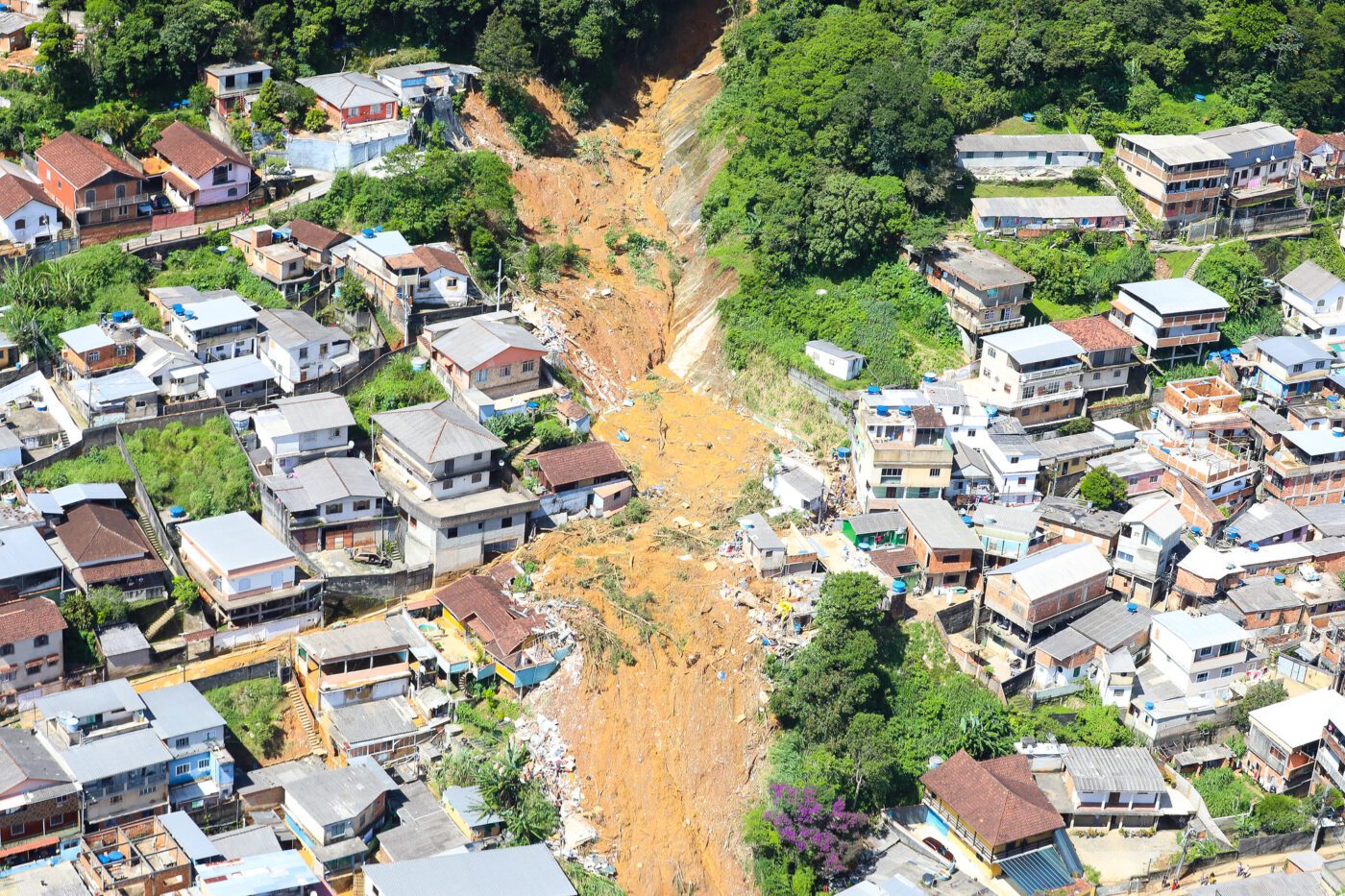
(Clauber Cleber Caetano/PR)
In regards to armed conflict, Brazil’s land disputes often lead to displacements, primarily fueled by land-grabbers and farmers. In 2022, such conflicts resulted in 5,600 displacements, with Goiás in central Brazil being the epicenter.
Data on displaced individuals in Brazil is available and can be instrumental in addressing challenges associated with internal displacement. However, accessing this data, coupled with limited analytical capabilities and a lack of collaboration between state entities and private companies, hinders its effective utilization.
Data for Refugee Response: Perspectives from Key Actors
During the two-day workshop, participants shared their experiences with data collection and analysis, specifically as it related to humanitarian response strategies to support refugees. Government representatives shared how they use data to track refugee movements and plan for their arrival, discussing the challenges of collecting data in a crisis situation. They explained that these challenges are typically caused by infrastructural inadequacies and logistical hurdles in reaching the displaced populace. There was unanimous consensus on the role of novel data in making informed decisions, ensuring that vital resources are funneled with precision and efficacy.
Offering a broader perspective on the topic, members from international agencies shared how they use data to identify the needs of refugees. They discussed the challenges of collecting data on refugees, such as the lack of trust between refugees and aid agencies, and also discussed the importance of using data to target interventions and to ensure that resources reach those who need them most.
Participants of the workshop with experience working in non profits discussed how they use data to monitor the impact of their programs and advocate for the rights of refugees. The challenge, as they outlined, isn’t merely in data acquisition but in monitoring the longitudinal impacts of their initiatives, especially given the transitory nature of refugee populations. These non profits used novel streams of data to not only evaluate the efficacy of their operations but also better support the rights of the refugees they served.
In addition to this, private sector data providers shared how they use data to track social media activity, telecommunications data, and other sources to identify refugee movements. They discussed the challenges of using this data, such as the difficulty of distinguishing between refugees and other migrants. They also discussed the importance of using this data to identify trends and patterns in refugee movements.
Leveraging Private Data in Humanitarian Response
Discussions during the workshop underscored the vast potential of private data providers in enhancing humanitarian efforts. These entities possess rich datasets that can trace refugee movements, identify migration trends, and spotlight potential risks. When utilized judiciously, this data can fine-tune interventions and optimize resource allocation.
However, participants voiced concerns regarding the ethical and operational aspects of harnessing private data in humanitarian contexts. Chief among these were transparency in data collection and usage, inherent biases, and the moral quandaries of repurposing data initially gathered for non-humanitarian objectives.
In wrapping up, there was a unified appeal for a coordinated approach to refugee-related data collection and analysis. A shared data framework emerged as a priority, paving the way for collaborative data sharing and collective analytical efforts.
Conclusions and Key Takeaways
The Promise of Private Data Providers
These entities are not just repositories of information; they are invaluable assets in the humanitarian sector. Their data can trace the intricate patterns of refugee movements, helping stakeholders anticipate and respond to shifts in migration trends.
Transparency is Key to Address Ethical Concerns
Using data ethically goes beyond just collection. It’s pivotal to ensure that data, especially from private sectors, is utilized transparently, addressing any biases and maintaining the dignity and privacy of refugees. Repurposing data for humanitarian uses raises concerns about its original intent and the moral implications of its new application.
Data is a Pivotal Resource for Humanitarian Response
In today’s complex humanitarian landscape, guesswork isn’t an option. With accurate data, agencies can predict potential hotspots, risks, and needs, allowing them to tailor their interventions effectively and efficiently.
Collaboration Between the Public and Private Sector is Key
While each entity, from governments to non profits, plays a distinct role, a siloed approach isn’t effective. A coordinated strategy ensures that efforts aren’t duplicated, resources are maximized, and the response is harmonized.
Shared Data Frameworks are Essential
A common framework doesn’t just facilitate data sharing; it standardizes it. Such a framework ensures consistency in the data collected, allowing for more accurate comparisons, analyses, and collaborative decision-making across all sectors involved.
CrisisReady looks forward to leading workshops globally alongside our international network of collaborators and partners. Our mission is to further the integration of novel data in diverse emergency scenarios.
